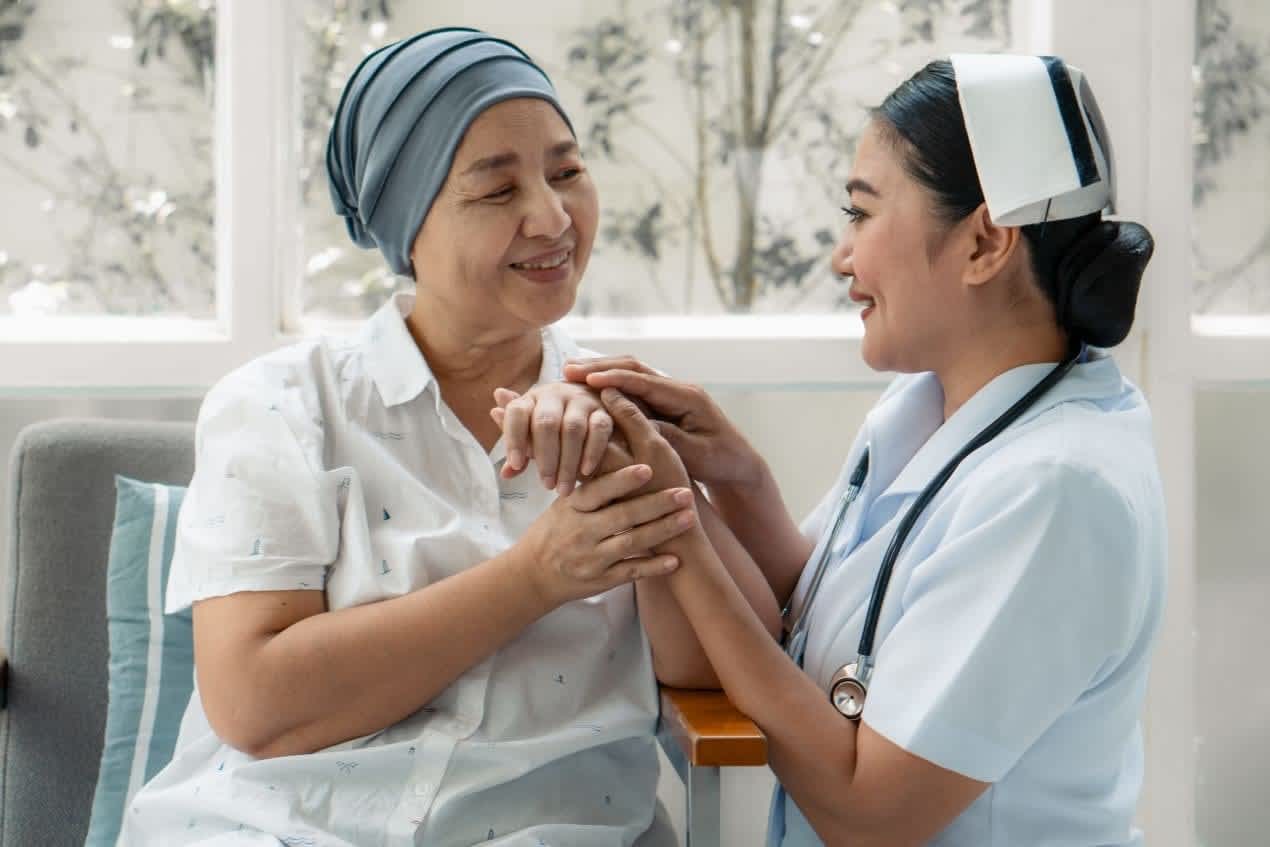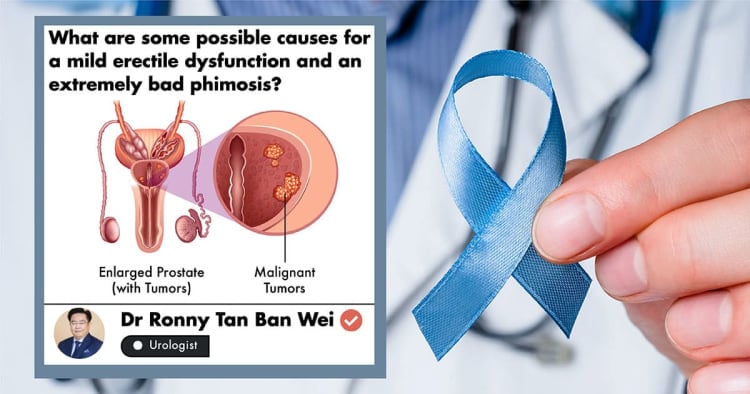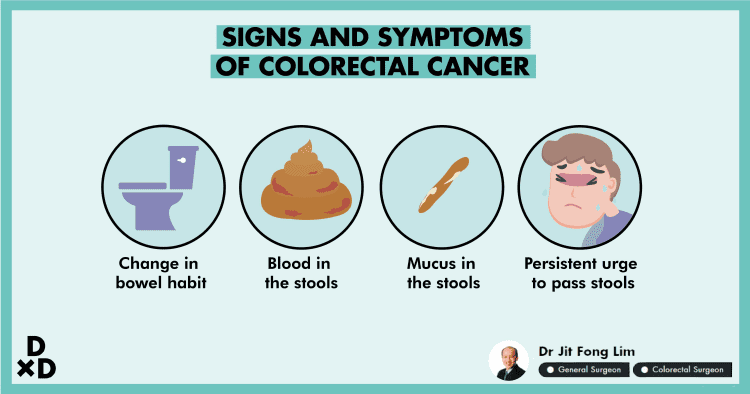People often face trouble finding an oncologist in Singapore. I have also seen many patients who are frequently confused when trying to understand the implications of their condition.
In this article, I'll cover:
- Types of oncology
- Preparing for the first consultation with an oncologist
- How to determine the type of your tumour
- Treatment options
- Insurance claim
- Range of cost
- How to find the best oncologist in Singapore, etc.
What is Oncology?
Oncology is a field that focuses on diagnosing, finding out the stage of, and treating cancer [1].
Oncologists are the doctors who specialise in oncology that will design a treatment plan based on your medical history and tests. There are 3 main types of oncologists [2]:
1. Surgical oncologist
These surgeons are usually the first oncologist you see as they can perform biopsies that allow the oncologist to confirm what kind of tumour you have.
During your treatment, you might need to return to the surgical oncologist to have the tumour removed.
2. Medical Oncologist
Medical oncologists treat cancers using non-surgical approaches like targeted therapy or chemotherapy.
They also assist in managing side effects, monitoring your health and well-being along the way. After treatment is complete, you may see a medical oncologist for a follow up.
3. Radiation Oncologist
As the name implies, these oncologists slow down tumour growth using radiotherapy. About 50% of patients will see a radiation oncologist during treatment.
What do I have to prepare when seeing an Oncologist in Singapore?
During the first consultation, your oncologist will need your prior reports, x-ray scans, or blood tests from within the last year or two.
These items can be helpful as it can be used as a baseline to compare with.
Aside from collecting reports, scans, and blood tests, your doctor will also ask for: [3] an Electrocardiogram (ECG) test:
- This test is done to see how well your heart is working.
- The procedure is by attaching sticky pads that are connected to wires to your chest.
After all the necessary data is collected, your doctor will then do another scan or x-ray to take a look at the size of your cancer or to determine the exact type of cancer that you have.
How does an Oncologist determine if my Tumour is malignant?

In order to find out if your cancer is malignant, you will have to take a pathological examination.
The pathological examination involves removing and testing a suspected cancer using a microscope. [4]
Also Read: Which tumor markers are considered to be reliable indicators for cancer?
What are the Types of Cancer Treatments by Oncologists in Singapore?
The initial aim for cancer treatment is to cure the patient’s body of cancer cells. Depending on the types of cancer you have, there are different types of treatments: [5]
1. Surgery
Removes as many cancer cells as possible, normally through an invasive procedure with a general anaesthetic. There are also minimally invasive procedures where no big cuts are made in the area.
Surgery cannot remove all the cancer cells, so it will have to be combined with other treatment types.
Read Also: The Ultimate Guide to Cervical Cancer Prevention in Singapore (2020)
2. Chemotherapy
Uses drugs to kill cancer cells. Chemotherapy is indiscriminate, affecting both your healthy cells alongside your cancer cells.
It usually comes with several side effects such as: [6]
- Nausea
- Vomiting
- Diarrhoea
- Hair loss
- Loss of appetite
- Fatigue
- Fever
- Mouth sore, etc.
Related: 13 Side Effects of Chemotherapy This Oncologist Wants You to Know About
3. Radiation Therapy
Uses x-ray or proton energy beams to kill cancer cells. There are 2 ways of doing radiation therapy:
- Energy beam that comes from an external machine (external beam radiation).
- Energy beam that comes from a device that is placed inside your body (brachytherapy).
4. Bone marrow Transplant
Uses a healthy bone marrow from yourself or a donor to produce new and healthy blood cells. This procedure is suitable for both malicious and benign tumours.
5. Immunotherapy
This treatment uses your own immune system to attack the cancer cells. An example of this kind of therapy is Immune Checkpoint Inhibitor.
In this treatment, the ‘checkpoints’ normally inhibiting your immune system are blocked. Once blocked, the immune system will be stronger than normal and can fight the cancer cells.
6. Hormone therapy
This works by blocking some hormones in your body to stop the cancer cells from growing. This does not work for all cancer types.
Some examples where Hormone therapy can work include:
- Breast cancer
- Prostate cancer
- Ovarian cancer
- Womb cancer
Read this response to: Are there any alternatives to chemotherapy for breast cancer after a mastectomy?
7. Targeted Drug Therapy
Targeted drug therapy uses drugs to attack the factors affecting cancer growth, including its genes, tissue environment, and proteins.
An example of this type of treatment is ‘monoclonal antibodies’. These drugs block a target outside or around cancer.
8. Radiofrequency Ablation
Uses electrical energy to heat the cancer cells. This procedure is done by inserting a thin needle to the cancer cells through an incision.
The high-frequency energy that passes through the needle causes the surrounding tissue to heat up and kill the nearby cells.
For more details on these therapies, read my article where I talk more about the different aspects of cancer treatment modalities.
What types of conditions require the expertise of a Surgical Oncologist?

Surgical oncologists can help diagnose cancers that are found in the early stages by using a biopsy method.
Also Read: The Ultimate Guide to Skin Cancer in Singapore (2020)
Most common parts are breast, lung, and colon. As long as the tumours are in the early stages, it should be possible to be removed.
Some of the types tumours or cancers that typically need to be removed through surgery are: [7]
- Breast cancer
- Lung cancer
- Cervical cancer
- Bladder cancer, etc.
Read all about lung cancer and treatment options in our guide to lung cancer treatment.
How is the Surgery Procedure like?
Generally, your surgeon will use small and thin knives and other sharp tools to create incisions during the surgery.
However, you are not going to feel anything during the surgery because you will be given anaesthesia. Depending on the type of cancer and the surgery procedure, there are 3 types of anaesthesia: [8]
- Local Anaesthesia: Only causes numbness to the treated area
- Regional Anaesthesia: Only causes numbness to a certain part of the body (e.g.: arms, legs)
- General Anaesthesia: Causes you to experience a deep sleep and unaware of the surgery
Is the surgery Insurance or Medisave claimable?
Insurance claims are dependent on the company or insurance plan.
Usually, people who come into private clinics or specialists are able to claim insurance, although it depends on the individual's insurance. However, the payment procedure depends on the clinic itself.
Therefore, whether you have to pay before treatment or not pay at all (means your surgical cost is paid by your company) will depend on the information that the clinic receives.
At what Cancer Stage do I have to undergo surgery?
I would advise you to undergo surgery if you are still in any of stage 1 to 3 because they are mostly still considered resectable.
They can be mostly removed by surgery, whereas stage 4 means that it has spread beyond the primary site and it is not resectable.
What is the Life Expectancy of Stage 4 Cancer patients?

Depending on the type of cancer, life expectancy ranges from 6 to 8 months up to 9 to 10 years.
Pancreas cancer and liver cancer are generally more aggressive. Therefore, life expectancy is generally short.
However, patients who have breast cancers are more likely to live longer as they can live up to 10 years with treatment. [9]
How much would it cost to visit an Oncologist in Singapore?
The cost of consultation and surgical procedures ranges widely. An estimated cost for consultation can range from $50 to $300.
Surgery costs depend on the extent of surgery to remove one or numerous parts, and whether it is lung, breast, or colon cancer. It will vary widely from $15,000 to $50,000 in a private hospital.
What are the changes that I have to make post-cancer diagnosis?
After you get diagnosed with cancer, there will be some lifestyle changes that you have to make. The changes include diet changes and exercise, as I explain below [10].
1. Diet change
You are highly encouraged to consume: [11]
- Lots of fruits and vegetables
- Avoid processed foods
- Foods that contain high fibres, etc.
However, adjustments are still needed depending on the side effect of the medication that you are experiencing.
2. Exercise
Exercise is recommended so that your body can receive cancer treatments more effectively.
Aside from that, exercising also improves your muscle strength, flexibility, fatigue, and mental outlook. Before you decide to start exercising, you have to consult your doctor.
This will help you to decide which exercise is best for you as certain conditions can affect your ability to exercise, such as [12]
- The type of cancer that you have
- The stage of cancer
- The cancer treatment that you are undergoing
- Your stamina, strength, and fitness level
3. Emotional changes
Living with cancer can really affect your mental state. You might lose hope of living a long and healthy life.
However, you have to keep an open and positive mind in order for your treatment to work more efficiently. Therefore, emotional support is really important.
Related: Cancer Caregivers: The Greatest Form Of Support Through The Cancer Journey
4. Music therapy and relaxation
Music therapy and guided imagery are aimed at relaxing your mind.
There are a lot of ways that you can do through music, such as singing, listening to music, or writing music. Music also has a lot of benefits, such as:
- Relaxing
- Reduce anxiety
- Decrease stress
- Lift up your spirits
How do I find the Best Oncologist in Singapore?
In order to find the best oncologist in Singapore for you, there are things that you need to consider:
Get a referral from your primary care doctor
Don’t be afraid to ask your primary care doctor for a recommendation. Your doctor will usually be delighted to recommend some of the best oncologists that they know.
Do your research
Search the web for the best oncologist in Singapore. Websites usually provide a lot of information. You can also ask around and compare your options.
Conclusion
Seeing an oncologist is not supposed to be scary. In fact, they can provide you with useful information regarding your condition.
Once you find a good oncologist, it will be much easier for you to open up about your condition and do something about it. A good oncologist will also listen to all of your problems and help you find the best solution.
I hope this article helps!










